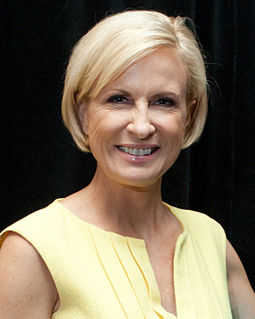A Quote by Chris D'Elia
Women, tend to talk more than men, and they do this thing where they say things that can easily be shown. Like, they don't need to do that.
Related Quotes
Let's acknowledge that men reach for opportunities more quickly and more easily than women. So often as managers, we give the job to whoever starts solving the problem, to whoever jumps in. Since we know men will jump in faster than women in so many circumstances, we have to slow down and encourage more women to sit at more tables.
We have an almost desperate need for more women to run for office and for more women to really gut it out after they have kids and stay in their jobs and get to high positions in companies. We need women at the top more than ever. We need women's voices there because they are very different than men's voices and they bring a very valuable and necessary point of view to the table.
I think we have to acknowledge that people are different and succeed at different things, first of all. Men are better than women at some professions like firefighting, construction work, and physics. But women are better than men at some professions, too, like elementary teaching, prostitution, and giving birth. Who's to say which is more important?
































